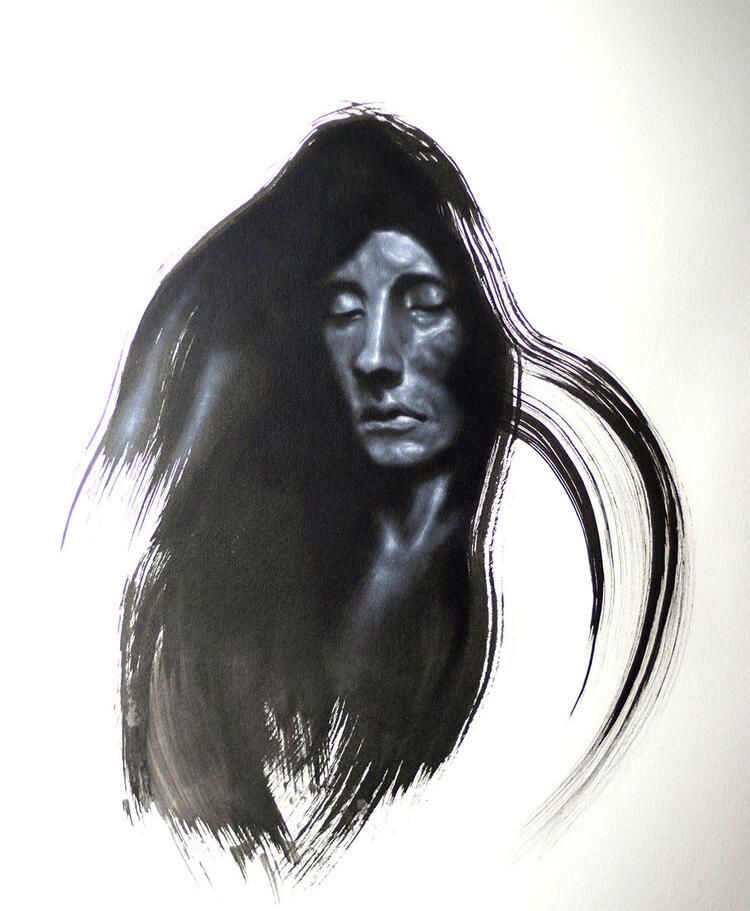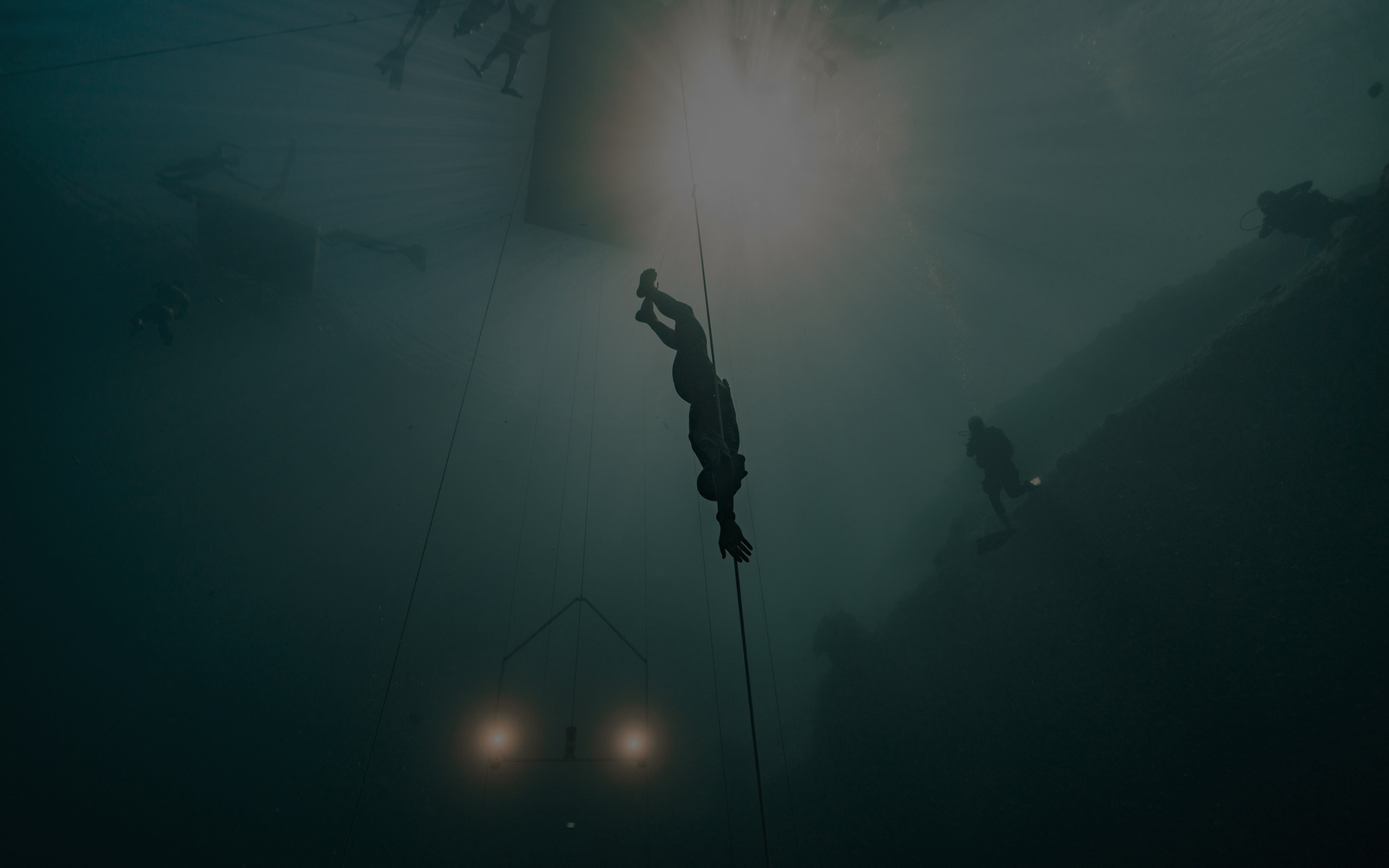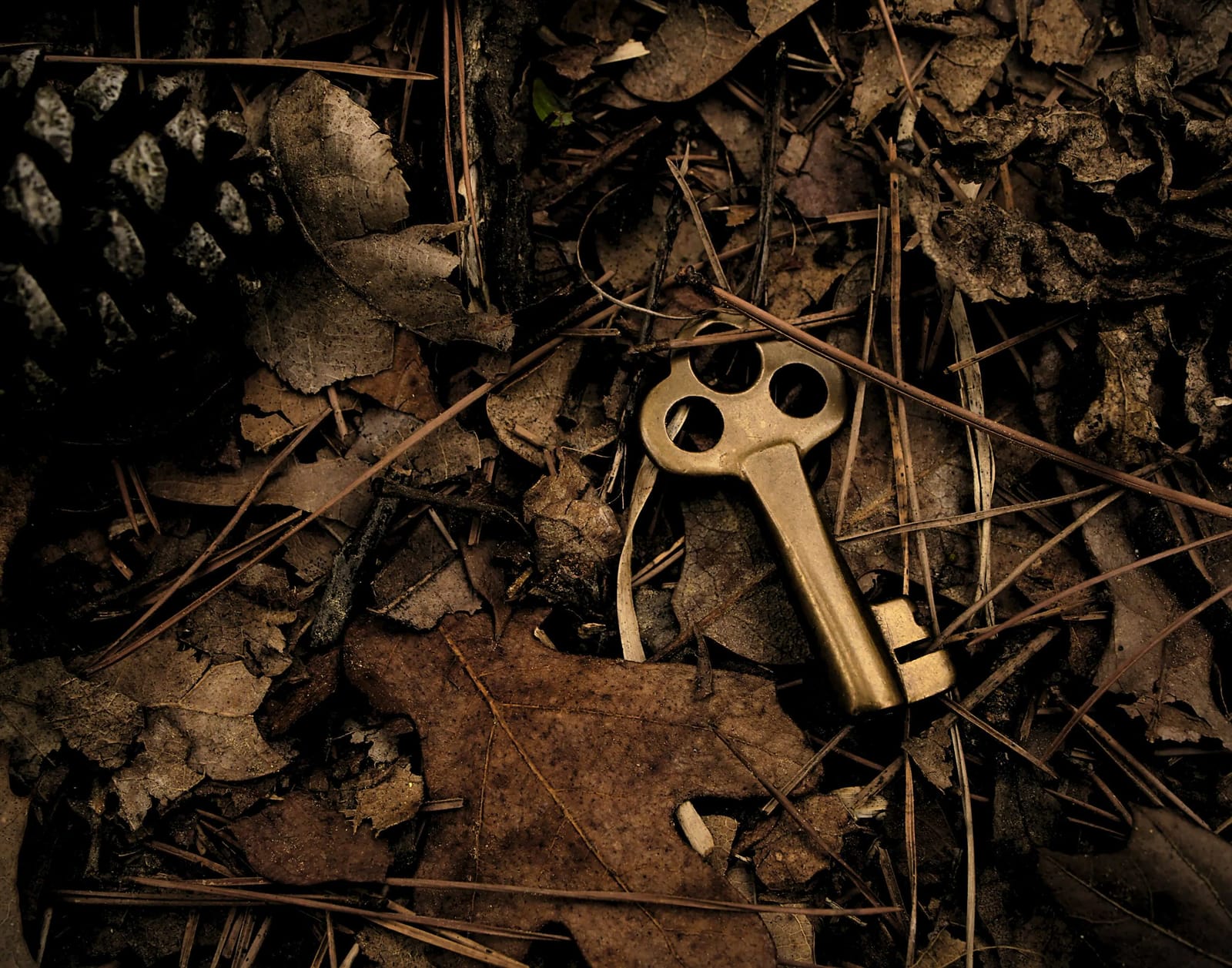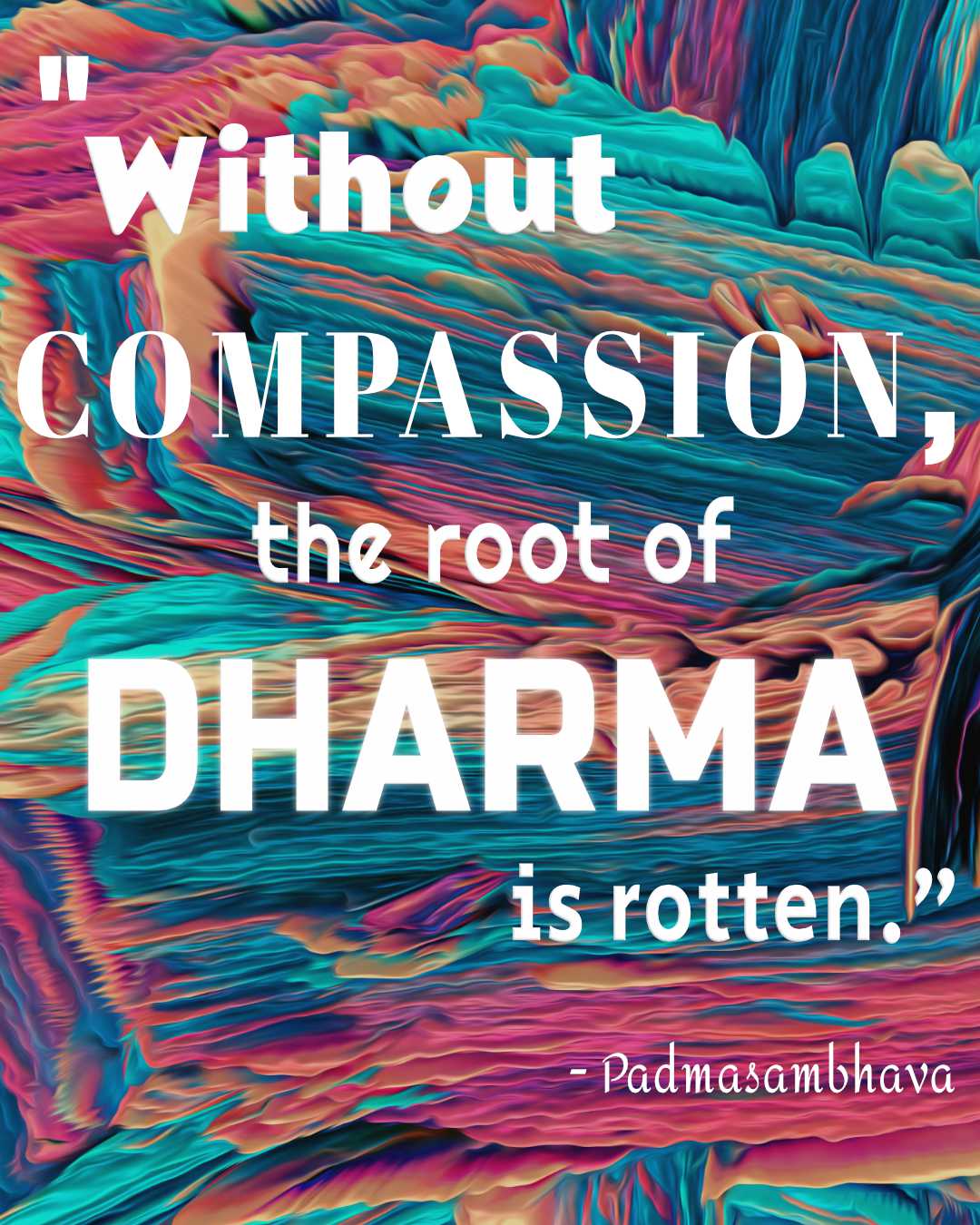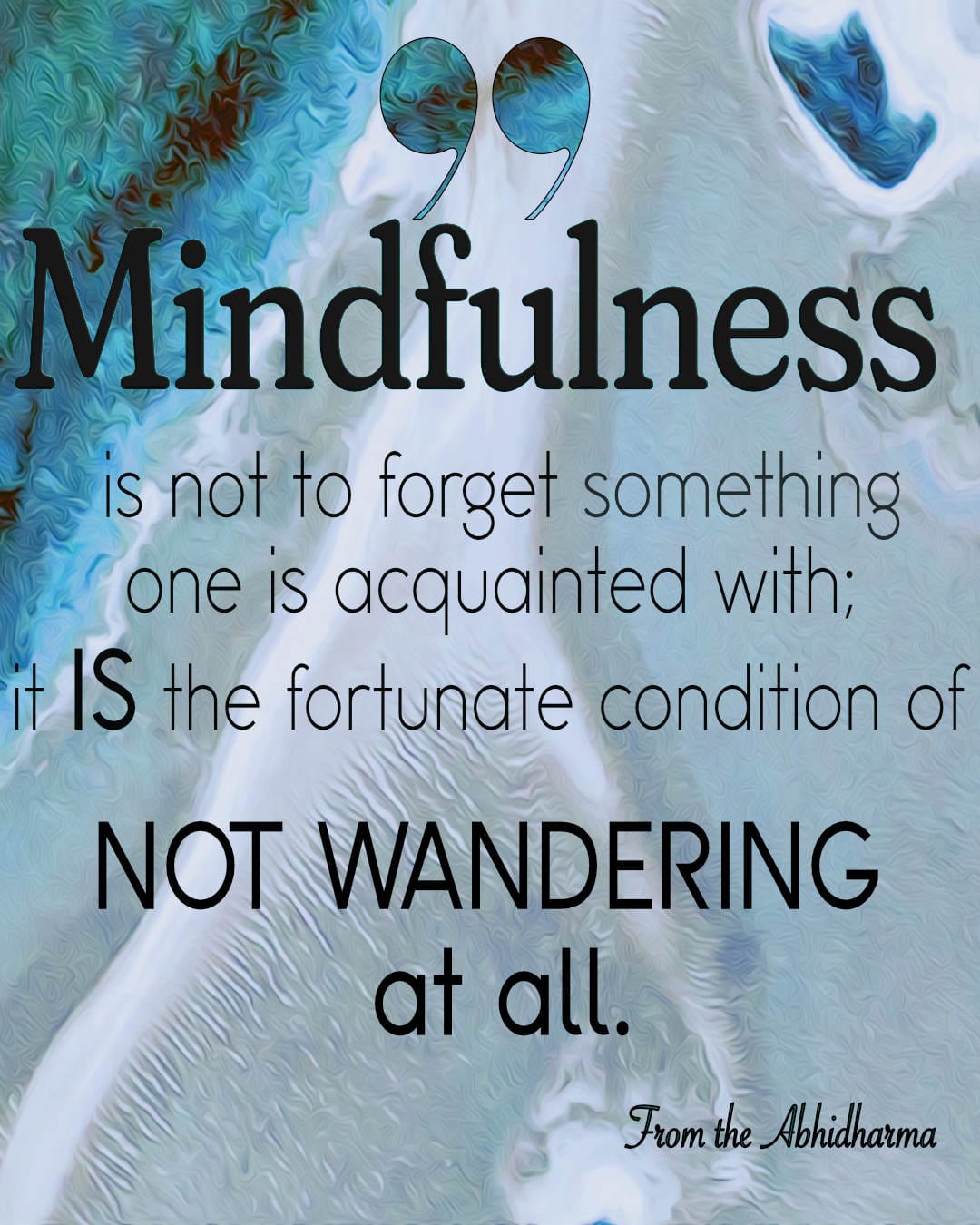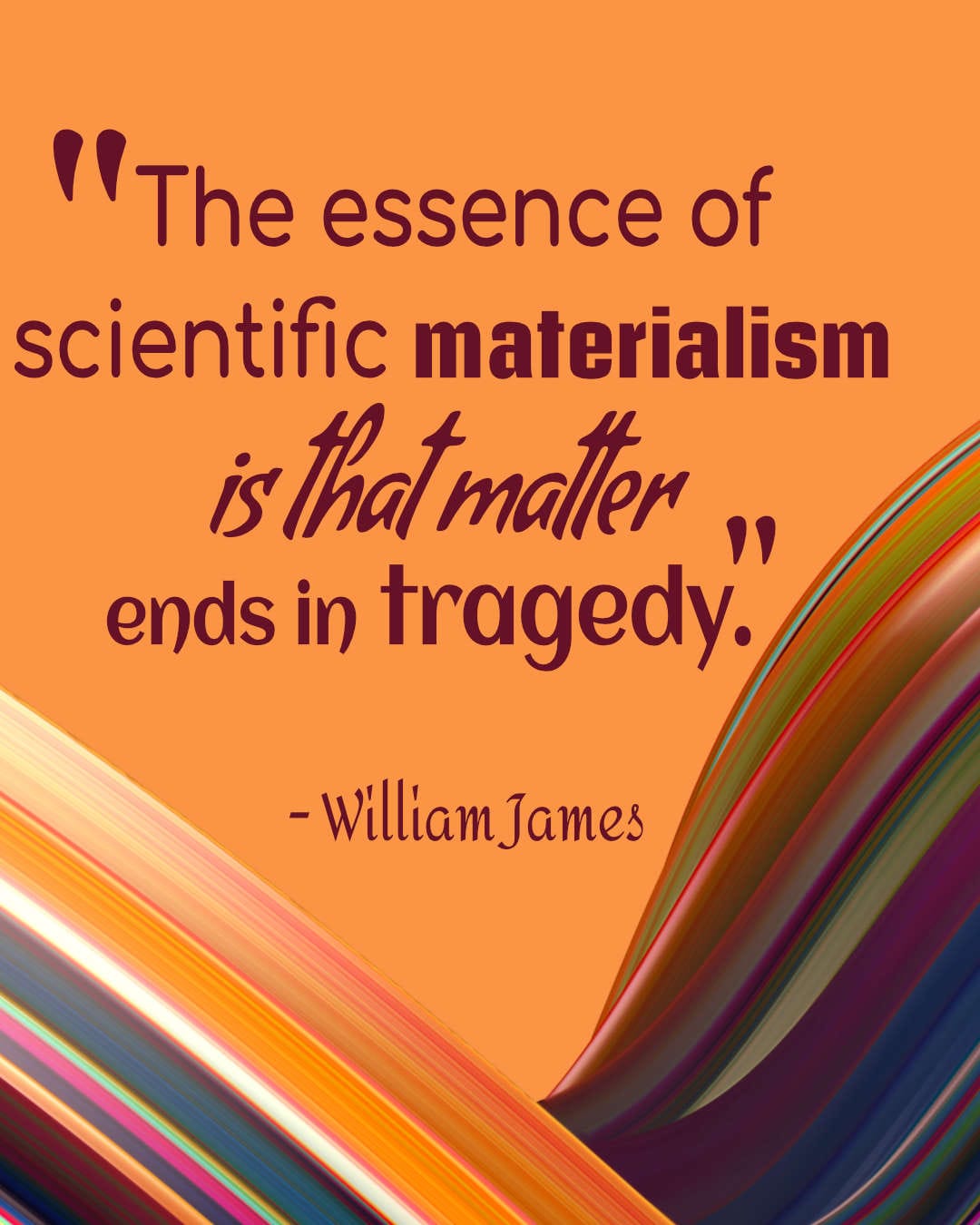This is part 2 of a conversation I had with Jason Letts – a dear old friend, author, publisher, advertiser, and philanthropist.
After a decade-and-a-half of living largely out of touch, to meditate as much as I could, he and other friends wanted to know how I would make enough money, whether I'd be able to get by, and why – after having been successful at a number of other things in life – I chose to do this.
Part 1 of the transcript is published as, Beginners and Advanced Meditators: What's the Connection?
is this sustainable?
-
Jason: So I do have another question: And again, I guess this is just more personal, or my interest in you and what you're doing:
So how – you've been doing this for a number of years now, and you're in a place, a remote place in upstate New York and not seeing a lot of people...How are you?... I'd like to hear more about that. And maybe this arrangement with your donors – or just kind of the way that you feel like your life is developing with this? How are you managing?
Upload
Terran (Right) with contractor friend Rob Dowler, learning to build a Passive House Meditation Cabin in upstate New York – an attempt at financially sustainable housing for long-term meditation. More info at meditation.quest
-
Terran: Absolutely. So basically, the direction in which my life is headed is, I think, not a concrete one. I decided to do something for which there's no degree program, there's no ready track to a career...or employment, things of that nature.
So on a personal level, from a standard perspective, it's a huge risk. There's really no question about that. And in terms of whether I've had the financial support to really live comfortably at any given point in time, over the many years that I've been engaged in this process – whether here or elsewhere – I think a lot of that's relatively up in the air.
But, I'm very grateful that there are people who have come forward and said, “We really value what you're doing, we'd like to support you on whatever level we can.” And so there is a group of people who've been doing that periodically – Liam's actually one of them, thank you Liam – and you too [Jason.]
And so I'm very grateful for that – but that's part of the nature of this, is that: what I've become interested in, on a vocational level, is something that...there's really not a place for, in our culture. It's essentially an elite athletic training without sponsors, and without stadiums, and without any sort of conduit for moving the training from amateur to professional. So, from that perspective, it's all kind of a dark tunnel: professionally, personally, financially, on all of those levels. And I've been fortunate to find a way to make it happen, and to continue with the process – pretty much every step of the way here, so far.
Upload
photo by Terran, McLeod Ganj, India, 2003
-
There have been some times where it's been hard or...especially early on, I had an idea that maybe I would try to integrate the psychological training, the mind training, with athletic training – and see if I couldn't dovetail them both from the beginning. But one of the initial road blocks for me with that, was I couldn't afford enough food to actually continue with the athletic training. I just couldn't afford to do both. And so there have been points like that – I would say points of tension like that, throughout the entire process. There's no real ready answer: Is Terran gonna live a comfortable life, can he “make it” – I don't really have any clear answer to those questions.
Terran: And generally speaking, if you look at the way that this was classically done – say in Tibet, or classical India – usually the first thing that you do, in order to move in the direction of the training, is to let go of concern over finances and possessions and things like that. Ironically, even in a culture that fully – just full-on supports the idea of this training and the value of the results – generally speaking, in those cultures renunciation (a spirit of emergence from conventional engagement) that's always the first step. And it makes sense.
Just to give an analogy that I've found useful: I think the closest comparison that I've ever seen to engaging in advanced meditation practice is free diving.
Have you heard me say this before, are you familiar with Free Diving?
meditation as free-diving
-
Jason: Well, I know what it is, I haven't heard you speak specifically about in this context.
Terran: So in free diving, it's a really neat analogy because you have this idea: How deep can humans dive?
And you have all these obvious obstacles: the deeper you go, the greater the pressure. You're likely to crush your ear drums unless you have heavy-duty scuba equipment. What about your lungs? You can tear them, you can crush them. What about your cardiovascular system?
Upload
-
All these issues seem to indicate that it would not be possible for a human being to dive 300 feet under water with no support equipment, aside from a wet-suit and a set of fins, or a mono-fin. But the answer to how they can do that, is not really obvious: So if I were just a standard observer, and I were debating this over a dinner table, say for example, my conclusion would be: no way. I win the debate. There are all these physiological, hard reasons why humans can't dive 200-300 feet under water without that equipment.
But then, it turns out, you can develop really advanced techniques for equalizing pressure in the ear-drums, and managing oxygen in the lungs, and you account for a lot of the difficulty that way. Also: you're going under for this very vast distance, doing a pretty significant physical exertion with no oxygen – and the way you account for that is extreme relaxation.
I think it's really similar with advanced meditation: how is it that you are able to let go of everything in the mind that we're normally driven by, living for? You do that largely through relaxation, but also through a sense of constant awareness of death. So death could come at any time. I think we've both had friends, some close, some relatively distant, who've died already in our lives – and so a sense of... a sense of the presence of death, I think is the first step.
So the reason for establishing this analogy, is that I think in Free Diving, you can't dive unless you let go of the shore, you have to let go of the security of land, in order to get to a famous dive spot – whether it's Dean's Blue Hole, in the Vertical Blue competition, or somewhere out in the Mediterranean – you have let go of the shore, in order to start diving.
Upload
William Trubridge in Dean's Blue Hole
-
And it's similar in meditation: in order to get deep into the mind, there has to be a release of what's normally referred to as The Eight Mundane Concerns: concern over gain and loss, pleasure and pain, good and bad reputation, those sorts of things – and that's kind of a pre-requisite to showing up for the practice: you basically let go of all the things that normally cause folks anxiety, of all the things that normally engage people on a daily basis – all the idea of career building, and things of that nature. It doesn't necessarily mean you can't do them, it just means that you can't be preoccupied with them. And you have to be able to completely release them at any given point in time.
Now, does that mean that it wouldn't be practical, or desirable, or optimal if I had really solid answers for questions like, “How am gonna support myself?” or, “What's the rest of my life gonna look like?” I think it would be practical. It would be prudent. It would be useful. It would be desirable.
And I would love it if I had answers to those kinds of questions, but the simple fact is that, just given the nature of what I'm doing, and given the timing of what I'm doing – maybe some day there will be a logical path to making a comfortable living, doing this kind of training – but at this point in time, and especially when I started: not even on the map. Not even close. So it's certainly been a struggle at times, there have been a lot of question marks – and I think that's kind of where things stand. But the truth personally, I mean Jason, you're a person that I've heard say, at various points in your life, “Do I ever do anything for the money?”
Am I in this for money? No. And so that's the kind of attitude that I come to this with. This is what I value most. And just given my background, and my skills, and my interests, I think this is the best way for me to spend my life – and I don't have a solid answer for how that's gonna happen, or how it's gonna be feasible – but so far, year by year, and decade by decade at this point, it's turned out to be possible. So, will it continue to be that way? No one's got any guarantees for me. But...that's my best answer, I think...
Jason: Well, I think that's useful for me to listen to. And so if I wanna draw a line, from what you just said – from the uncharted territory, the dark tunnel, Free-Diving – the word that I feel like we're all circling around here is “trail-blazing.” You're a trail-blazer. You're doing something that none of us, no one that we've known, is doing. No one ever thought to do it, or thought it was possible. Obviously, there are a lot of historical examples [in contemplative cultures] or I guess, famous people in the field or whatever – but to go from where we were, to doing what you're doing and having the impact that you're having... I feel like you're doing something that's really satisfying, and having a big impact not just on yourself, but on others – and that's profound. And I can understand, in that context, having concerns about how you're gonna be able to manage, or get by, other things like that.
Upload
Artwork by Brendon, brendonart.com
-
It kinda touches on maybe a broader issue that I have... I mean, frequently things come up, or we wonder about the role of capitalism in our society, or how we should be living our lives, and things like that. Is this really the right way? They're all just mental constructs that we're living through and embodying...but what physical reason...you know, why do we have it? And is it the right way?
Terran: Why do we have Capitalism?
Jason: Yeah, yeah. You know...why? What good is that? It's just a theoretical construct, if you think about it. You know, obviously I have bills to pay...We can't stop ourselves from eating. We have to have more food...
Terran: We can't stop eating. Yeah, these are all very practical things. Absolutely. I mean, do you wanna get into the Capitalism thing, or?
Jason: Well, it's just a connection to: We're all sort of living this experiment of, “how are we all gonna survive?” Some of us, we're in a current system that maybe seems to be a little bit more stable than what you're doing – but there's no guarantee...that there couldn't be a worse Coronavirus – and maybe it just wouldn't be the toilet-paper aisle that's empty next time... you never know.
Terran:That's absolutely true. That's sort of...part of the operative principle for this practice is that, yeah, none of us do have any guarantees. It's very true. That's the fundamental truth of it. And so – it's very interesting, actually the... I don't know if you're familiar with him... I wanna say...Molchanov? Alexey Molchanov? He's sort of the dominant force in free-diving. And what he does is essentially, he engages in meditation, and extreme relaxation techniques – and he'll say he just releases the entire world when he goes to dive. And for him, he actually learned this trade from his mother and her...
Jason: She disappeared? I read about these people!
Terran: Really?
Jason: Yeah, yeah. His mother disappeared. I read about them.
Upload
Alexey Molchanov and his mother, Natalia, 2008
-
Terran: Yeah, she did a... Yes, she did disappear, that was a very unfortunate accident. Unlike meditation, free diving exposes you to extreme undercurrents, and negative buoyancy, and things of that nature. So yes, she got unlucky – but statistics were certainly on her side, given how many... I don't know thousands of dives she'd done in her life. She actually, for a while, held the record for... I can't remember if it was dynamic apnea or static apnea – but holding your breath without moving, or holding your breath while swimming under water – she held one of those records for both men and women. She just stomped everybody. And her perspective on the whole thing was: in order to do this, you have to let go of the entire world. She was also extremely joyful about it – that was sort of her trademark. And maybe her son has more explicitly added to that letting go: it has to be joyful. There's no way for this to work, without joy...
Upload
Molchanovs at the Free-diving World Championships, 2007
-
That's actually an operative principle. When people have asked him, “why do you look so happy...?” People come up from these dives with their lungs bleeding and they're gasping for air, and they're like in extreme stress, and he pops up – whether into the warm Mediterranean air, or from underneath ice – and he's smiling. And they ask, “Why is that?” He just says that, “If I don't bring joy to this, it's not possible to do what I do. Joy drives this entire process. That drives my achievement, it drives what I'm capable of.”
-
Terran: And I think that was the core lesson that I was getting at, in terms of my own personal inquiry into Performance Psychology: when you look at people who are performing way out on that extreme of excellence, what are they doing? Many of them are able to bring joy to what they do. They're able to en-joy – way, way out on the spectrum of exertion and excellence, in a way that most people don't. And they're able to let go of things on a level of profundity and depth, that most people can't.
And, in terms of trying to reproduce that, or show someone how to develop that sort of a skill, the psychological milieu in which I was studying didn't have any real answers – in fact, they said, “No, this isn't trainable. Some people are better at it than others, but we don't have any answers, because there aren't any.” Which is an interesting scientific assertion that I found in many different fields: a few decades ago, people were saying the brain wasn't plastic – you couldn't make changes in the brain. And now research like that done with Matthieu Ricard is showing very clearly, “No, no. This is possible.”
Upload
Matthieu Ricard in an EEG cap, with researcher Richard Davidson. Photo courtesty Still Mind:https://stillmind.org/does-meditation-work/
-
And so there are a lot of unanswered questions when it comes to the mind – how we become our best selves, or perform or exist in the very best way that we're capable of. It turns out that a lot of it is just like what you're saying: recognizing these uncertainties, recognizing that there's no guarantee, and becoming at home with that, in a way that's joyful.
Liam: Mmm...Beautiful.
Jason: What do you think, Liam?
Liam: Terran: it sounds like you should become a free diver...
Terran: [Laughter] I don't know man! I think I'd need to achieve a couple of Jhanas (meditative stabilizations) first.
Liam: I did have a question though, about the...I guess a lot of these free divers: they're professional? They get sponsored? I've never really...I was just wondering what the...
Terran: [Laughter] Like, I should make some money by becoming a free diver? Is that where you're going?
Liam: No, no. I guess: You were bringing the parallel with professional athletes and stuff like that, in terms of the level of training that's needed for this practice and...then with football (soccer) it's quite clear where the money comes from, right? There are these massive games, and fans and things like that, and the money kind of trickles through to the professional players. But then with Free-Diving, maybe there is...and I'm just not aware of it, but I guess I wasn't so sure how they...
Terran: Yeah, that's part of why I like the analogy, also – is because free diving is also in a very... as Jason put it, a “trail blazing phase.” Right now, even someone like Alexey Molchanov, he's held off on accepting sponsorships. There are people who show up to Vertical Blue, the world premier competition, and they're sponsored by, like, the Slovenian Police or something like that – they just...these people are just basically trying to make it in whatever way they can.
They're sort of at a beginning phase as well. Molchanov, actually his Mom, had started some of the first dive schools for teaching people how to do really advanced Free-Diving, and that's where he gets most of his money: he actually had to make a side business (well, his mother did) and they were together on it, but so that's how he's able to support his craft.
And a lot of those people, they're either independently wealthy, or they're from families that live right next to Dean's Blue Hole, or right next to some really amazing deep spot in the Gulf of Mexico or something. And so they were gifted with resources in order to pull it off. All in all, they're in a very similar phase...they also don't have a really clear cut path to sponsorship – even the very best. I think you can also see the way that lack of sponsorship can influence a sport, at least in modernity.
Because if you're in a sport like that, I think if you start to see – say those 42 people who get selected, I think it is, to wind up at Vertical Blue – if all of a sudden all of them had sponsorships, where they could just train full-time and essentially have all the advantages that a pro football player or tennis player has, then I think you're gonna immediately start to see massive breakthroughs in the field.
You're gonna see people, more and more people, developing the kinds of skills that Molchanov has. But they're in a similar phase to the kind of world I'm in: They don't have all that worked out yet.
Terran: Do you have any final thoughts? Or that seems like a good closing...
Jason: Oh, well, I guess, yeah, I wanna hear more about what's going on, and how you're managing yourself, and finding ways to continue to help. I'm always open to hearing about that because I really don't know much about it.
Terran: Thank you so much.
Jason: And Liam, thank you so much for setting this up – I mean, I can't say “no” to talking to Terran, I'm happy to be doing this, and I feel like this was a useful conversation. Hopefully, you feel like it was some value to you.
Terran: I've absolutely enjoyed it – yeah, it's been very valuable to me for sure, thank you. It's been so wonderful to be able to speak with you both about these things...
I really, really value all your input and thoughts Jason, thank you so much.
Jason: Great. I'll talk to you guys a later, and until then, enjoy the present.
Terran: Haha! Thank you so much, you too, take good care!
Liam: Yeah, nice to meet you Jason!


